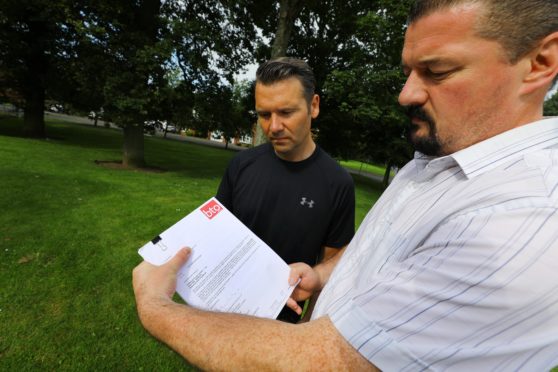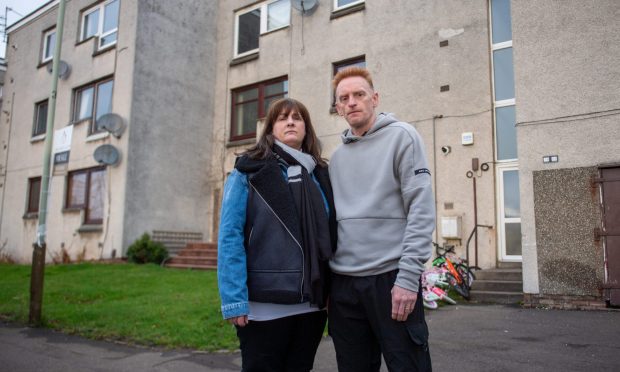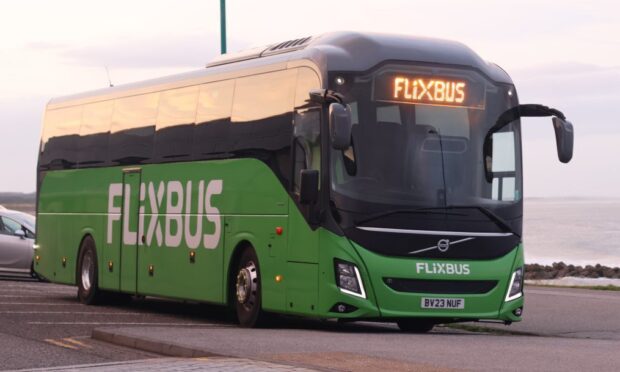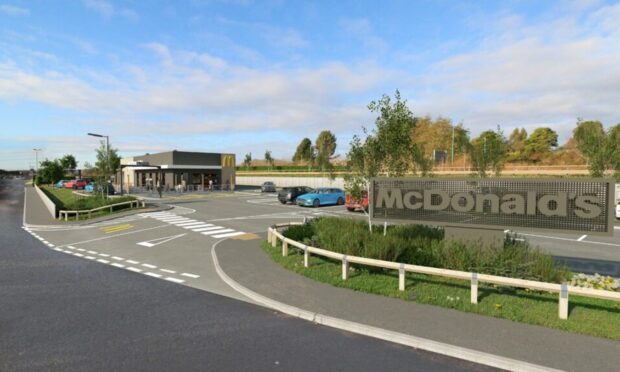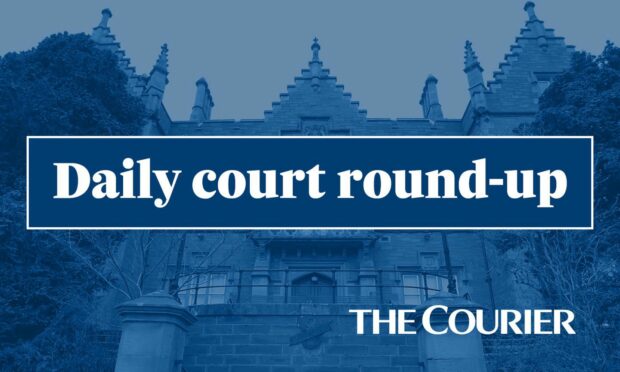Two Dundee families could face a legal bill running into tens of thousands of pounds after losing a protracted legal battle over grass cutting.
John Walsh and Philip Harrison both bought homes in Birkdale Place in the Ardler area of Dundee unaware the properties were locked into a long-term maintenance contract, known as a community burden, with a Glasgow-based company called Greenbelt.
Mr Walsh bought his home in 2008 with Mr Harrison purchasing his six years later.
Greenbelt owns the publicly accessible areas of land around the estate and bills homeowners for its maintenance. Other areas of land next to the nearby social housing development are maintained by Dundee City Council.
Mr Walsh and Mr Harrison refused to accumulated fees of £1,300 and £500 respectively and were taken to the small claims court in 2016 by the factoring company.
After two years, they successfully argued Greenbelt was operating a monopoly they won their case and were awarded £150 each in expenses.
However, Greenbelt then took the case to the Court of Appeal in Edinburgh, the highest court of appeal for actions taken in the small claims court.
The appeal court ruled the sheriff had erred in law and ordered the two men to pay the £1,300 and £500 and disallowed the £150 expenses awarded to them, ordering them to pay this money to Greenbelt instead.
But the court also ruled the men are liable for Greenbelt’s legal expenses.
Appeal judges further sanctioned the employment of senior and junior counsel, meaning Walsh and Harrison are both liable for Greenbelts legal fees.
As the company had employed a QC for the appeal court hearing, the company’s total legal bill now comes to £31,700.
The two families have set up a crowdfunding page in a bid to raise the money to meet the cost of Greenbelt’s legal fees.
Mr Walsh added: “We must pay in perpetuity if we choose to stay in our home without any option to choose a new provider of services.”
It is difficult for homeowners to extricate themselves from land maintenance contracts such as the own with Greenbelt.
The company maintains around 7,000 square metres of land on the Ardler estate, charging homeowners up to £130 a year to do so.
Greenbelt has a community choice policy which states they must obtain agreement of two-thirds of homeowners on the estate, purchase the land, set up a properly constituted body to oversee it and obtain permission from the local authority, if necessary.
A Greenbelt spokesman said: “The original small claims action we raised, to which this relates, saw the sheriff find in our favour on both the service provided and reasonableness of charges applied to customers but incorrectly find a ‘monopoly’.
“This incorrect finding left us no alternative but to appeal. The subsequent appeal, consisting of three Sheriff Principals, found unanimously in our favour. Having deemed it reasonable for Greenbelt to appoint Senior Counsel, the three judges also reviewed and awarded expenses.
“We have made the relevant parties aware and, quite reasonably, asked for acceptable offers in response. This does not equate to pursuing Mr Walsh and his neighbours for more than £30,000.
“We will continue to work with all parties to reach an amicable conclusion.
“Following the court’s judgement that Greenbelt does not operate a ‘monopoly’, we again underline customers have the option to end the arrangement and take on all obligations.
“This is outlined in their Written Statement of Services, as part of the regulatory requirements of the Property Factors (Scotland) Act of 2011.”
